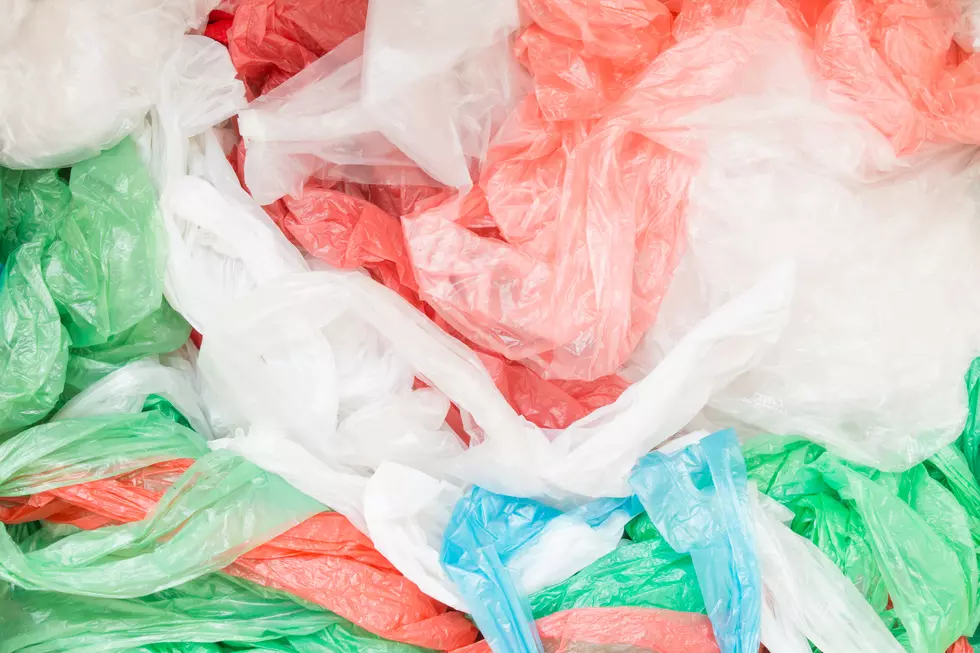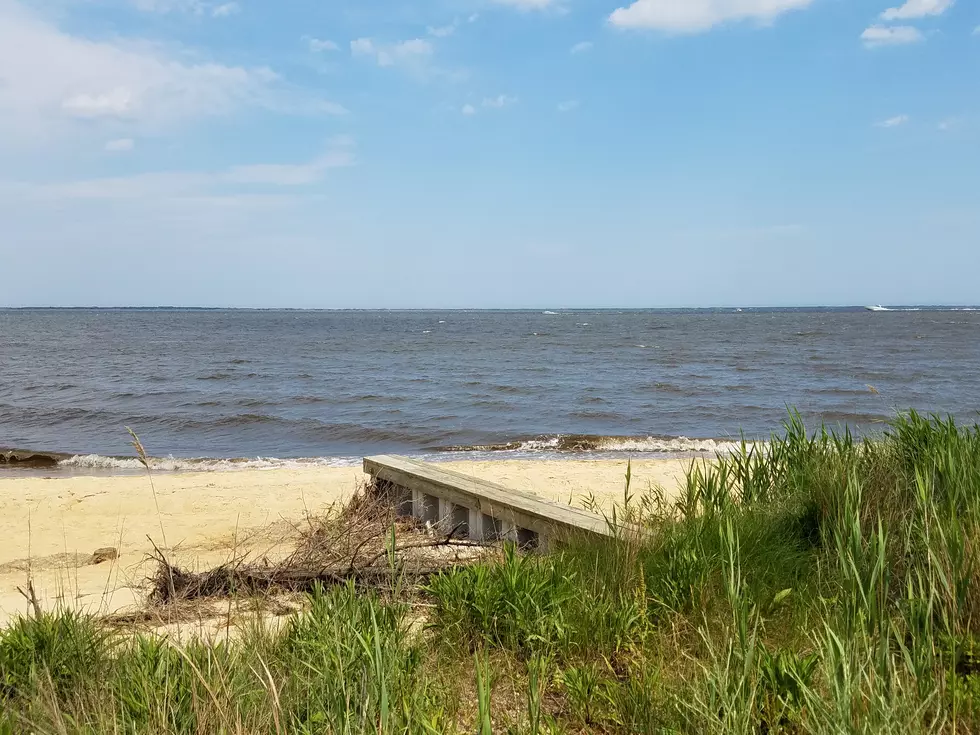
Most of NJ for action against plastic bags & straws, poll says
Nearly two-thirds of New Jerseyans claim they’d support a ban on plastic-use plastic bags in a Monmouth University Poll, though that support drops by more than half when fees for plastic bags are listed as an alternative – and people are reminded they kind of like getting the bags for free.
The poll finds nearly nine in 10 New Jerseyans consider ocean pollution caused by plastic a serious problem, including 64% who say it’s very serious. Tony MacDonald, director of Monmouth’s Urban Coast Institute, said that’s “a significant number.”
“Everybody I think recognizes increasingly that this is a significant problem, not only for pollution but also for marine life,” MacDonald said.
“Particularly among younger folks, there’s a lot of support for some bans on plastics and straws. So I think there’s generally pretty strong support for taking some action,” he said.
But, MacDonald said, it gets a little more complicated when you get into the details.
Sixty-five percent of adults told the Monmouth Poll they’d support a ban on single-use plastic bags. However in a follow-up question, 39% said stores should be allowed to keep giving them out for free, 31% supported a complete ban and 27% supported a small fee for plastic bags.
“They’ve been used to this, and there’s a certain kind of assumption that you’ll get a bag for free, and there’s no real – you don’t really think about the costs of those actions, until actually somebody tries to put a cost on it,” MacDonald said. “And that when some of the support backs off.”
New Jerseyans are more narrowly in favor of banning plastic straws, with 52% in support and 44% opposed. MacDonald called the trend away from plastic straws a way to raise awareness.
“I think a very popular and useful way for people to be conscious in their daily lives about the impacts plastics have,” he said. “Folks are probably a little bit less convinced that actually that would have a dramatic impact on the problem.”
Yes, MacDonald said, paper straws don’t hold up as well as plastic ones. When he’s out to eat, he asks for no straw.
“It’s not that I think that will have a significant impact about plastics in the ocean,” he said. “But it sends a message that we need to be much more conscious about our behaviors.”
The poll was conducted from Sept. 12 to 16 with 713 adults. A sample of that size yields a margin of error of +/- 3.7 percentage points.
The plastics questions were included in advance of a panel discussion titled “Marine Plastics: Law, Science and Action” happening Wednesday at 6 p.m. at the university’s Woods Theatre. It is free and open to the public.
More From WOBM News:
More From Beach Radio










